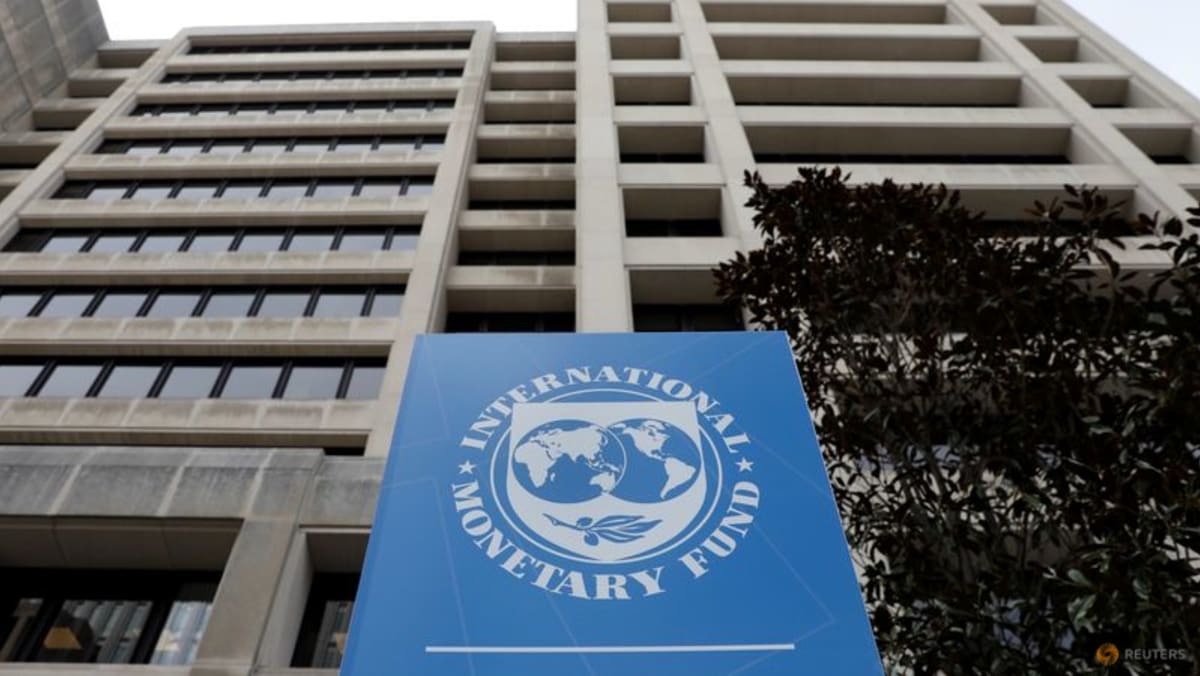BUENOS AIRES / WASHINGTON, April 9, 2025 — The International Monetary Fund (IMF) confirmed Tuesday that it has reached a staff-level agreement with Argentina on a US$20 billion, 48-month loan programme, marking a key development in President Javier Milei’s drive to stabilize the country’s fragile economy. The agreement now awaits formal approval from the IMF’s Executive Board, which is expected to convene on Friday in Washington, according to financial media reports.
The IMF statement praised the Milei administration’s early policy steps, noting “impressive progress” in controlling inflation and laying the foundation for economic recovery. The programme, it said, supports “the next phase of Argentina’s homegrown stabilisation and reform agenda.”
Although the size and timing of the first disbursement have not been confirmed, Buenos Aires is reportedly seeking an upfront release of more than 40% of the total funds.
Argentina’s Largest Debt Relationship
Argentina already owes the IMF US$44 billion, the legacy of a record 2018 bailout deal under then-President Mauricio Macri. With the new loan, Argentina further deepens its financial reliance on the Fund — making it the IMF’s largest borrower by far. This would mark the 23rd agreement between Argentina and the IMF.
According to Economy Minister Luis Caputo, the new funds are intended to rebuild Central Bank reserves and service existing debt to the IMF. President Milei stated that the agreement could boost Argentina’s reserves to “at least US$50 billion,” up from approximately US$26.2 billion at present.
Policy Context and Market Reaction
Milei’s economic agenda, defined by steep fiscal austerity and monetary tightening, has brought inflation down from over 211% at the end of 2023 to 84.5% in January 2025, according to official statistics. However, it has also triggered market volatility and public discontent.
The peso has depreciated around 10% against the dollar in the past six months. A speculative sell-off in late March wiped out over US$1.2 billion from reserves amid fears of a potential devaluation, which Milei has repeatedly denied.
The IMF’s endorsement is seen as a crucial step to unlocking additional funding. Caputo recently confirmed that the government is also in negotiations with the World Bank, the Inter-American Development Bank, and the CAF development bank.
No Immediate End to Currency Controls
The deal does not signal an immediate end to Argentina’s ‘cepo’ — the strict system of currency and capital controls that limit access to foreign exchange markets. Presidential Spokesperson Manuel Adorni clarified last week:
“Everyone knows that the IMF programme does not immediately imply the lifting of the cepo in its entirety the day after the agreement is signed.”
Both Milei and Caputo took to social media to celebrate the IMF’s backing, which they argue is essential to restoring market confidence and accelerating recovery.
Sources:



